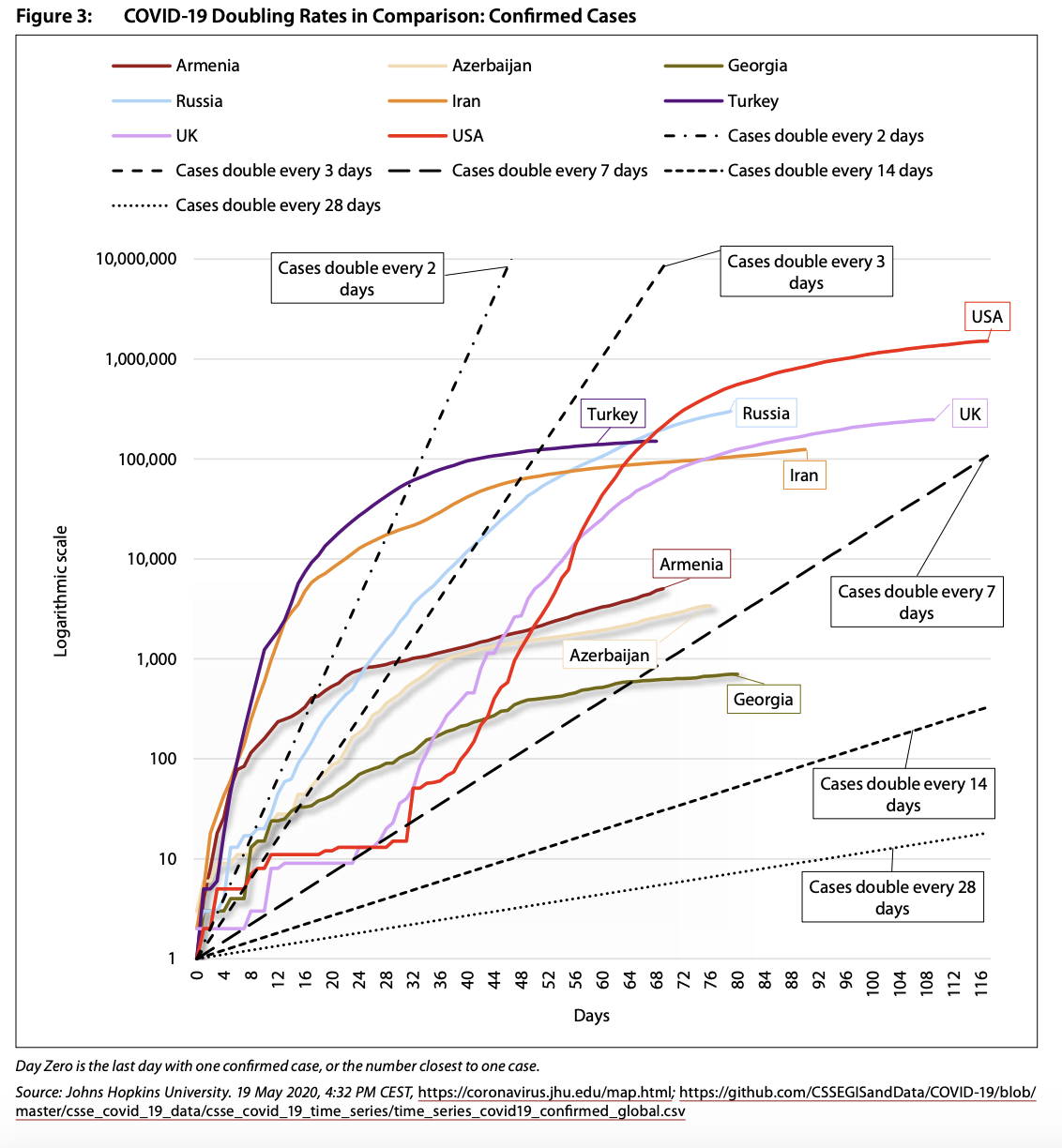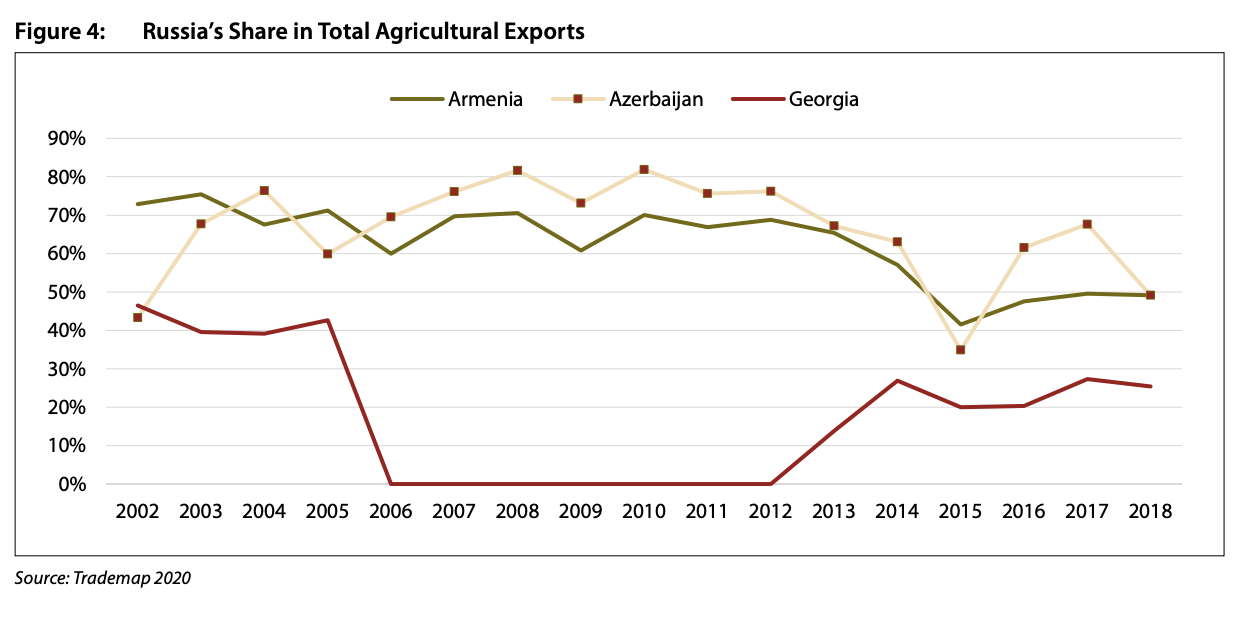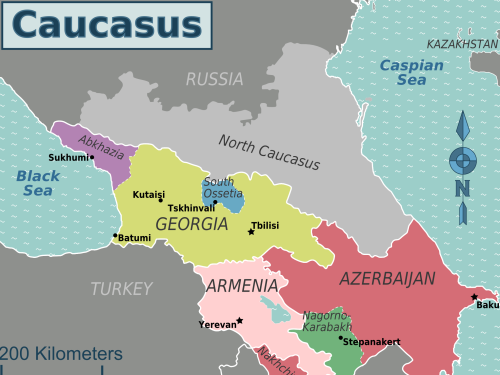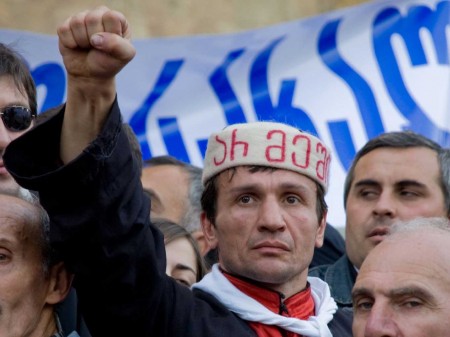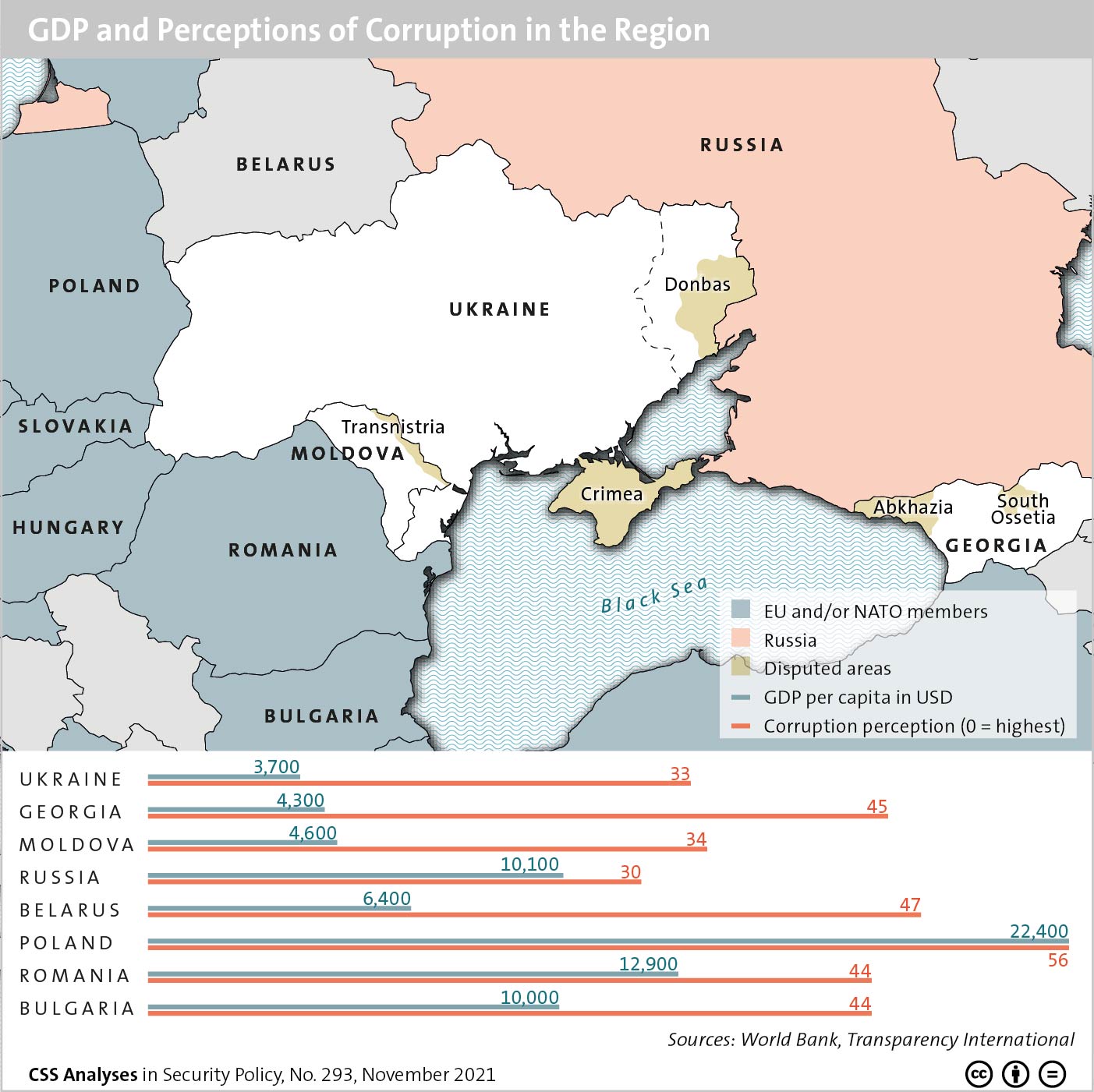
This week’s featured graphic shows the GDP as well as perceptions of corruption in Eastern Europe. For more on the latest economic and political developments of the Ukraine, Georgia and Moldova, read Henrik Larsen’s CSS Analysis in Security Policy here.

